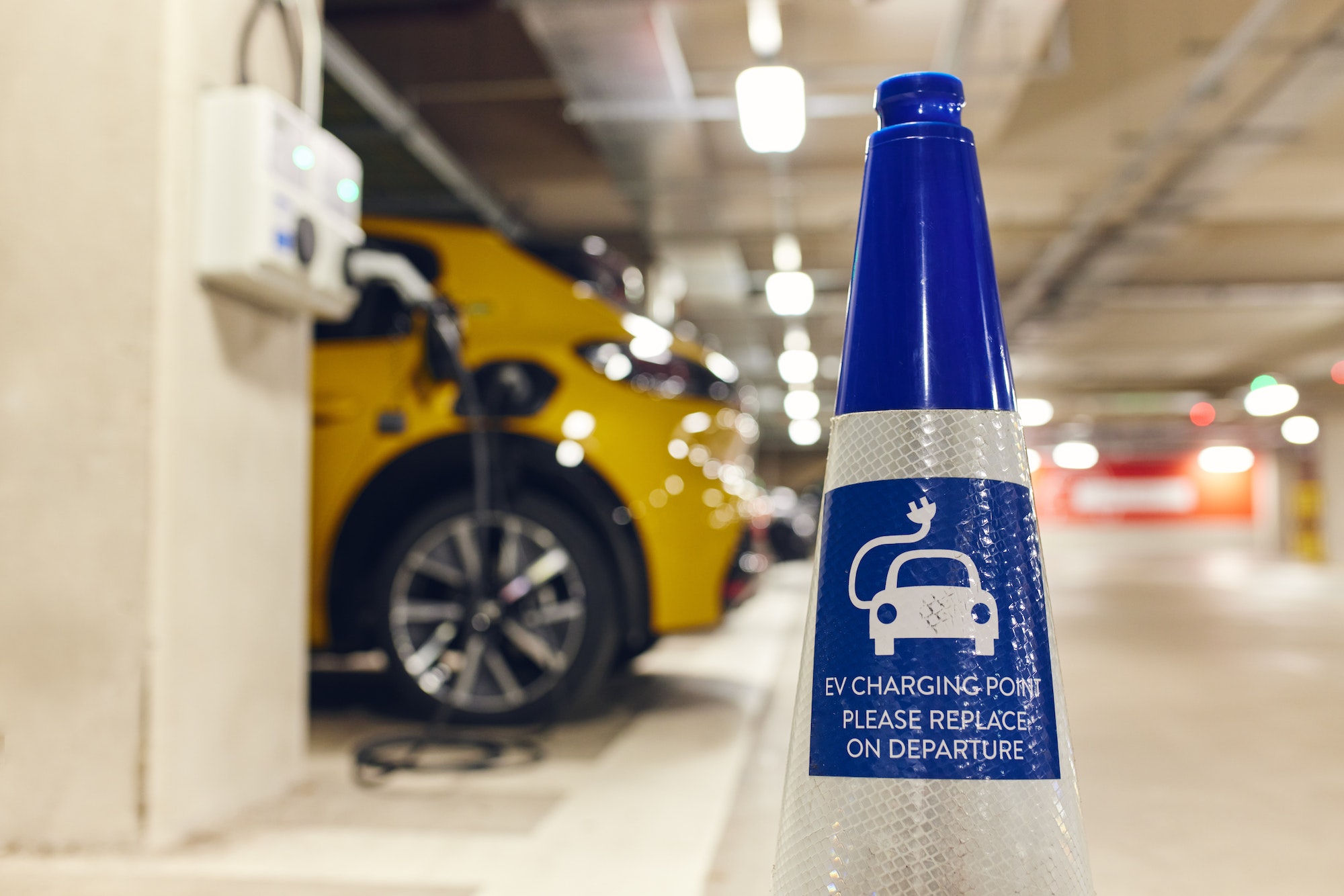It’s no secret that electric cars are becoming increasingly popular as more people become aware of the positive environmental impact they have. However, a recent study has revealed that almost 8,000 faults were recorded at electric car charging points across the UK in just one year. Let’s take a look at what this could mean for the future of electric vehicles
The Data Revealed by the Study
The data from this study was collected by National Grid ESO (Electric System Operator) during their investigation into the current state of charging infrastructure in the United Kingdom. The results reveal not only how many faults were reported but also which areas of the country had the most issues with charging points. The data showed that Wales had the highest number of faults (1,912) while Scotland and Northern Ireland had 565 and 632 respectively. London was surprisingly low on the list with only 545 reported faults, although this could be due to its large population size compared to other regions in Britain.

What Could This Mean for Electric Cars?
Although it is concerning that so many faults have been recorded at electric car charging points across Britain, it is important to remember that these numbers will likely decrease over time as more governments invest in better infrastructure and technology becomes more advanced. In addition, it is worth noting that some of these faults may have been caused by human error rather than technical problems with the actual charging points themselves. That being said, it is still important to ensure that all charging points are regularly checked and maintained to prevent any future issues from occurring
It is clear from this data that there have been some issues with electric car charging points across the UK over the past year. However, it is reassuring to see that investments are being made into improving infrastructure and technological advancements should help reduce any future problems associated with these types of facilities. Ultimately, if we want electric cars to become widely adopted then we need reliable charging points – otherwise people won’t feel comfortable making such a long-term commitment to an environmentally friendly form of transportation.





